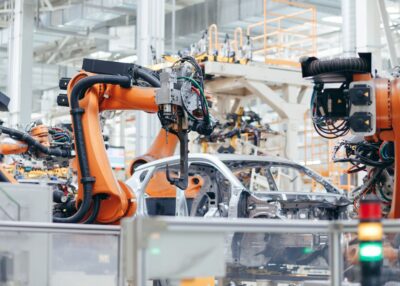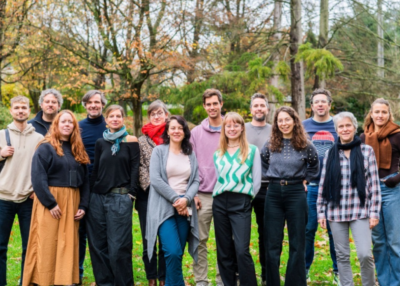
The Brussels Barometer of the economic transition
72% of Brussels companies are ready to change their business model. This is what emerges from the results of hub.brussels’ annual economic transition barometer, which aims to survey the knowledge, perceptions and best practices of Brussels’ entrepreneurs on environmental and social issues. Discover the figures!
Three years after the first edition, the results are clear: companies are determined to improve their environmental and social impact. Thus, 72% of respondents believe that it is necessary to change their business model to better respond to environmental and social issues.
“9 out of 10 companies have already adopted, sometimes without knowing it, circular economy actions, such as sorting and recycling waste or reducing their consumption of resources (energy, water and materials)” explains Barbara Trachte, Brussels Secretary of State for Economic Transition. “Our objective, with the Shifting Economy, is to generalize this type of practice by encouraging companies to take the path of transition. Businesses do indeed have a major role to play in the face of the climate and energy challenges we face.”
2/3 of companies aware of the circular economy
More than 2/3 of participants also claim to be aware of the circular economy concept, compared to 25% in 2018. Among them:
- 50% consider the circular economy as a vector of opportunities, in that it will offer a competitive advantage to their company in the years to come
- 69% believe it will improve the image of their company or business
- 59% see it as a way to maintain their customer base or gain new customers
- And 56% see it as a way to differentiate themselves from the competition
Social entrepreneurship, on the other hand, is adopted by 4 out of 10 companies, through a high degree of employee autonomy, the use of local partners and suppliers or the implementation of participatory and transparent governance.
Support services not known enough
While the majority of companies are already convinced by the need to change, the financial aid available and the public support services in circular economy remain unknown. “Only 18% of respondents say they know about the services available in the Brussels Region. This figure is far too low and clearly demonstrates the importance of the right to information. Access to information and awareness-raising remain a priority so that everyone can benefit from public support. Hence the importance of events such as the shifting economy week, which takes place from 18 to 24 November“, explains Isabelle Grippa, CEO of hub.brussels.
The interpretation of the results of the barometer allowed hub.brussels to formulate 10 recommendations, which will allow to reinforce the support of the Brussels-Capital Region to entrepreneurs and self-employed in the field of social entrepreneurship and circular economy.
Want to know more?
Read the detailed report on the results of the study, as well as the perceptions and needs of Brussels companies regarding economic transition.
More news on our blog

After Audi: Brussels foreign trade in the first half of 2025
Posted on 28/01/2026
